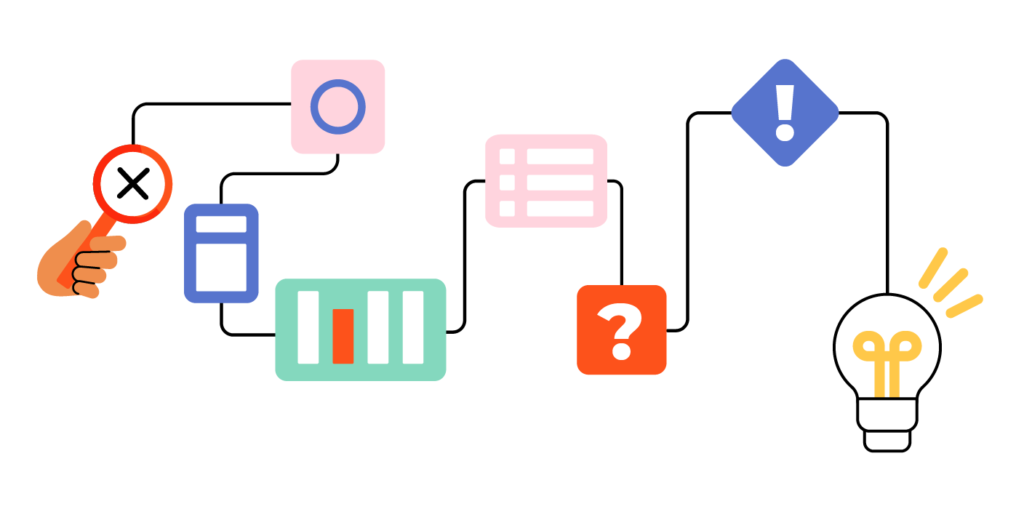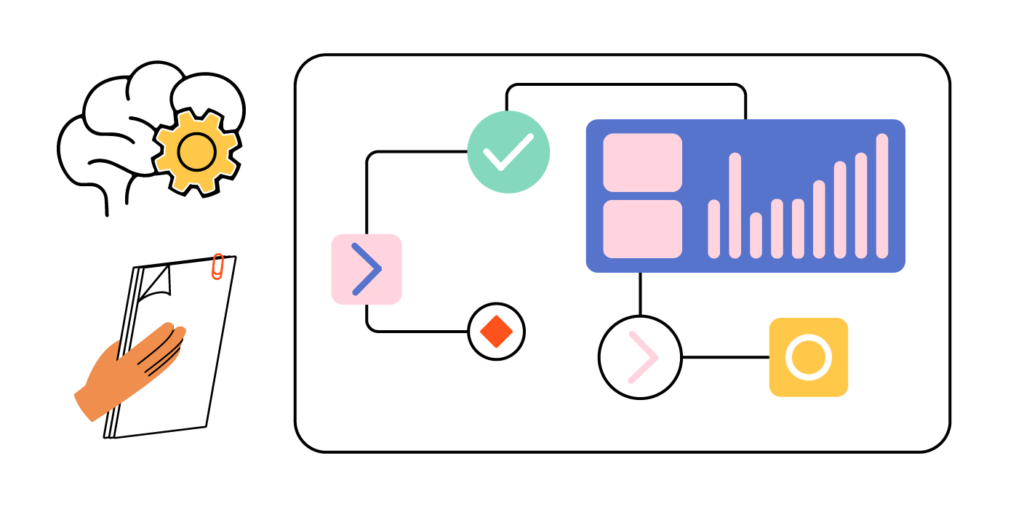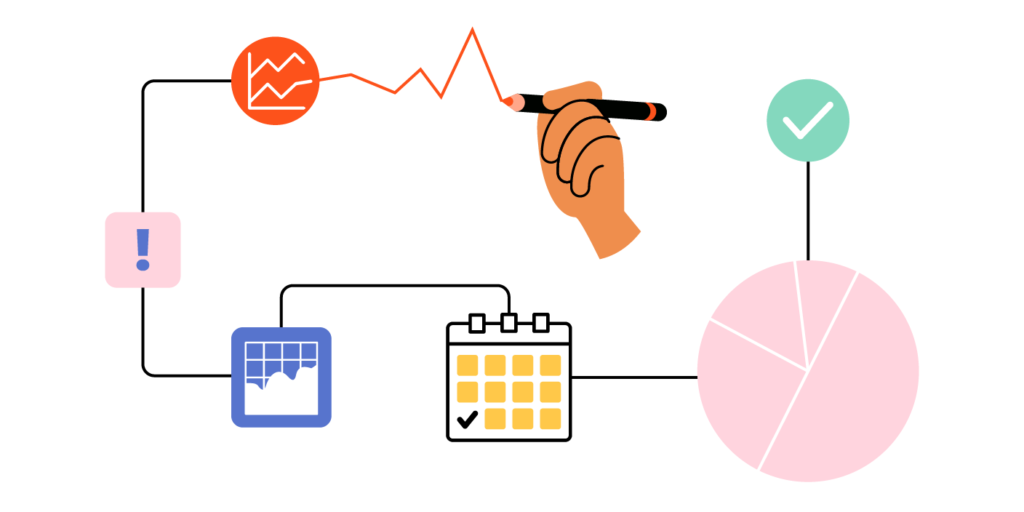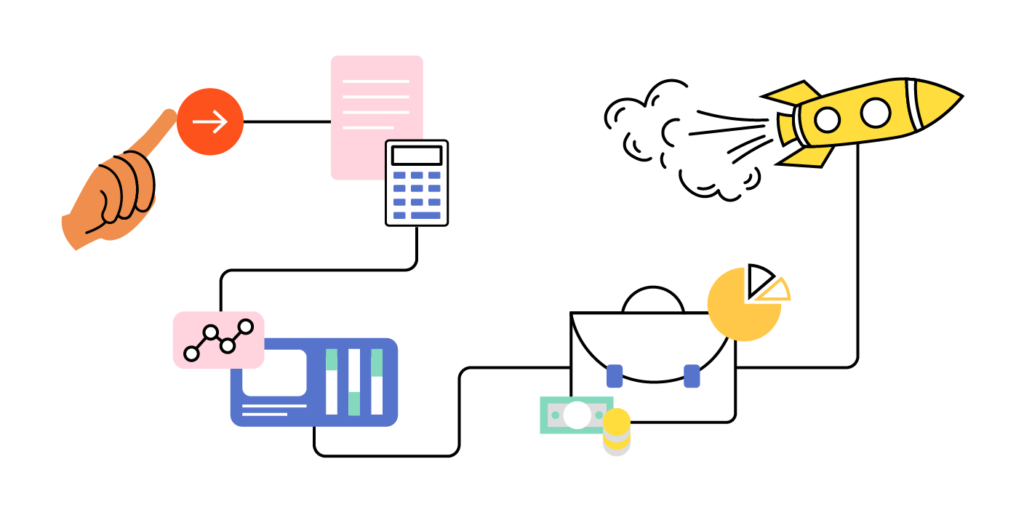

If you have repeatedly thought about creating your own business and are choosing between different types of entrepreneurs, then this article is what you need! Many people wish to launch their own trade, but not everyone understands the actual steps that need to be taken for this purpose, so let’s figure out how to become an entrepreneur and where to start. Remember, 33% of small businesses are launched with less than $5,000, so most people can dive into entrepreneurship if they really want to.

Step #1: Choose a field & business idea
Typically, the business will be prosperous if it satisfies the needs of customers. No one needs goods and services that are not in demand – they just won`t bring profit. All types of entrepreneurship are conditionally divided into three groups: trading, production and services. So, when choosing a direction and a business idea, you need to ask yourself the question “What can and can I do well?” and try to create those products that solve some common consumer problems.
Don’t try to create something radically new, but focus on the existing market with regular purchases and statistics. When developing a business idea, offer customers more profitable alternatives to traditional solutions: a cheaper, more convenient or efficient product – this principle is the nature of entrepreneurship.

Step #2: Create & validate a product/service
Pondering about what is the aim of entrepreneurship, understand that you need to customize the product release so that it is less costly and problematic. For example, if you want to sell clothes with cool designs, then find an organization that will print to order quickly and affordably. If you are going to make each piece yourself, then contact a company that develops the idea in detail — this will significantly improve the quality of the future product.
If you don’t want to deal with the production and storage of products, then dropshipping is your best choice. This is the concept of entrepreneurship when a businessman sells a product purchased from a third party to a client, and the third party is responsible for storage and delivery.
Do not forget about validation — it should be done after the first sales. Find out if the product or service is really useful for your potential customers so that you don’t spend money on clearly irrelevant ideas.

Step #3: Make a detailed business plan
Understanding the characteristics of entrepreneurship and the stages of the production process, one cannot do without creating a business plan. This document will include:
- a detailed description of a product or service;
- people involved in business development;
- the finished business model;
- costs of the production process and the finished product;
- description of the product lines;
- description of marketing;
- brand design, and so on.
Such a detailed document will make the item’s future a little clearer: you will know exactly how to produce, promote and sell a service or product, and will not stop halfway.


Step #4: Think about funding & launch your project
The next step is to find secure funding, which may involve fundraising from investors or a bank loan. If an entrepreneur has own capital, then the financing of a business idea can take place even without the involvement of outside sources. As a general rule, use the following capital spreading when starting a business:
- product — 31,6%;
- team — 18,8%;
- operating — 11%;
- offline management — 10,5%;
- marketing issues — 10,3%;
- online management — 9%;
- shipping — 8,7%.
And finally, launch your project – create a special checklist for the day of release, so as not to miss a single detail. Also, take care of pre-announcements on social networks to warm up customer interest in the product.
Conclusion
Let’s recall all the facts! Becoming an entrepreneur (who is also called an industrialist sometimes) becomes easier if a person knows about the key phases of business development: finding an interesting area, creating a relevant business idea, releasing a worthy product and validating it, financing and launching a project. Paying attention to each of the stages, you can start a commercial activity from scratch and succeed!






